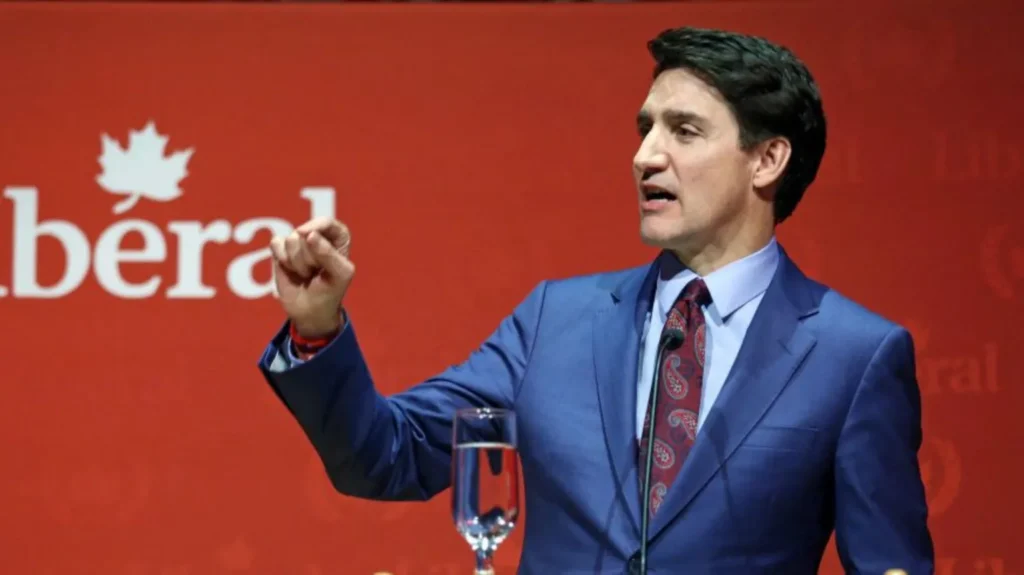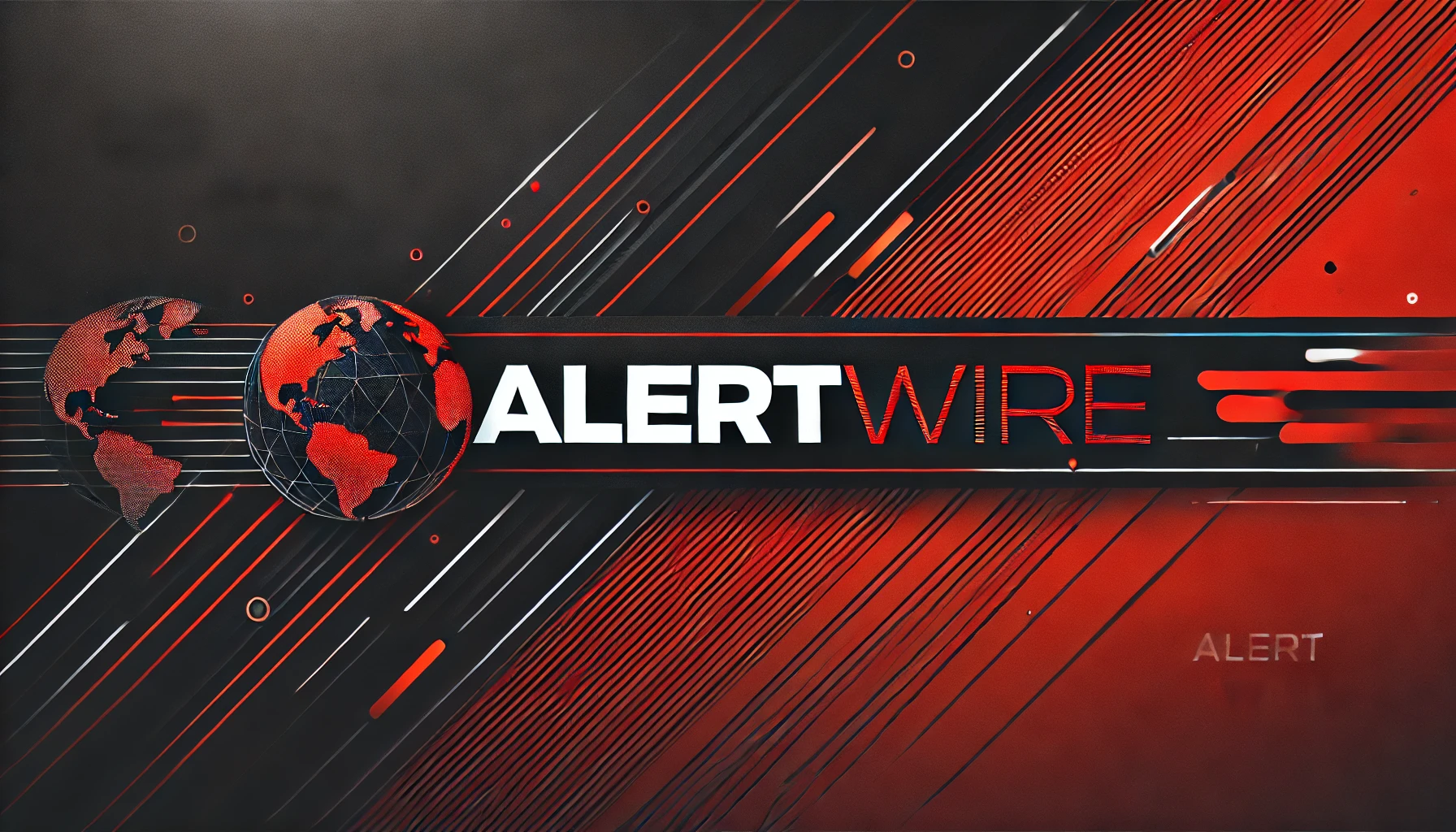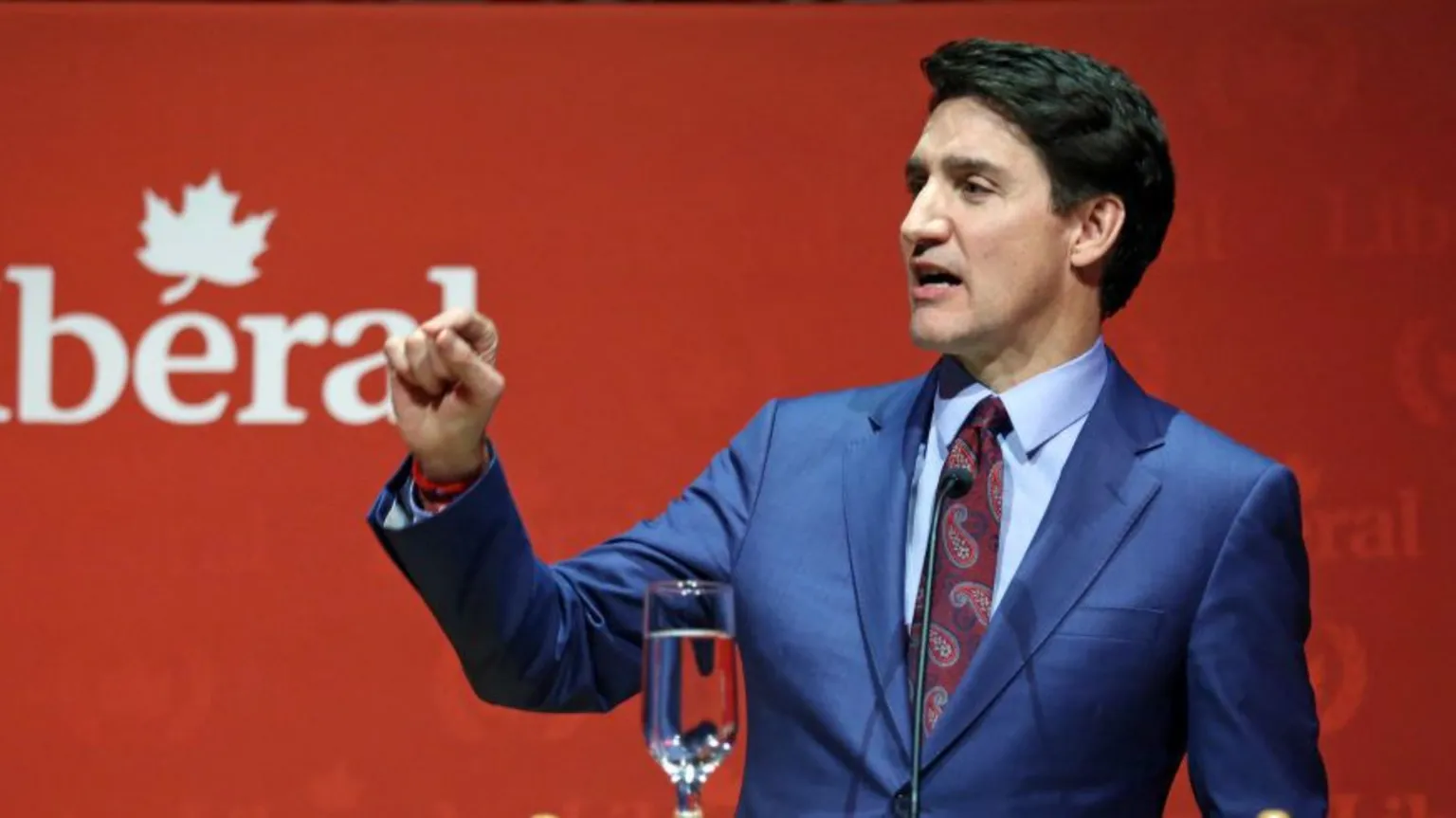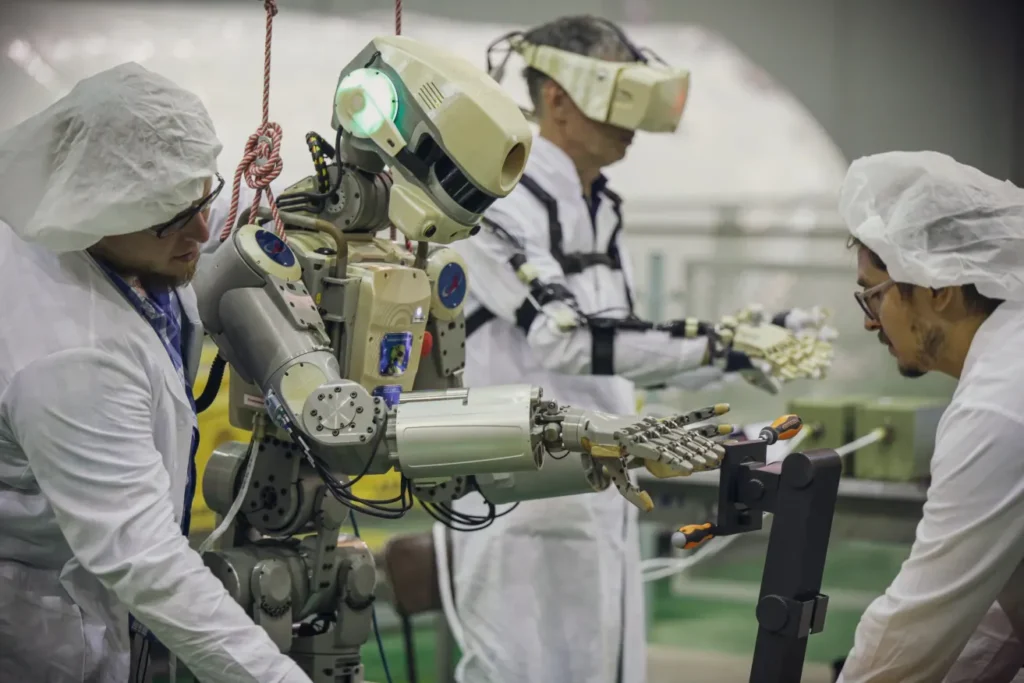
Canadian Prime Minister Justin Trudeau finds himself at the center of a political crisis following a heated dispute over comments concerning potential threats posed by former U.S. President Donald Trump. Trudeau’s remarks, which implied Canada should prepare for a more isolationist and aggressive U.S. under a second Trump presidency, have sparked sharp domestic and international reactions, leading to turmoil within his government and a growing sense of vulnerability in his leadership.
The controversy began when Trudeau, addressing concerns about the U.S.’s changing political landscape, suggested Canada must bolster its economic and national security defenses against Trump’s unpredictable policies. Trump’s previous administration, characterized by protectionist trade stances such as tariffs on Canadian steel and aluminum, as well as challenges to long-standing alliances, left Canadian policymakers wary of potential disruptions. Trudeau’s comments, while seen as pragmatic by some, were quickly seized upon by political opponents as undiplomatic and damaging to Canada-U.S. relations.
Domestically, opposition leaders criticized Trudeau for inflaming tensions with a key ally and Canada’s largest trading partner. Conservative leaders accused him of jeopardizing the country’s economic interests for political gain, while others viewed his remarks as unnecessarily antagonistic and lacking strategic foresight. They argue that Canada must work diplomatically to navigate its relationship with the United States, regardless of who is in power, and Trudeau’s tone risked deepening divides rather than building bridges.
The fallout has also caused divisions within Trudeau’s own Liberal Party. Some members have expressed concerns that his rhetoric could escalate an already fragile situation, particularly as Canada faces economic uncertainty and rising inflation. Trudeau’s leadership style, often seen as confident and unapologetic, is now being scrutinized for its effectiveness in managing Canada’s most critical bilateral relationship.
Internationally, Trudeau’s comments have sparked further debate about how U.S. allies should respond to the possibility of Trump’s return to power. While some nations are adopting a cautious approach, Trudeau’s open acknowledgment of the potential “Trump threat” reflects a growing sense of unease among world leaders. Allies such as European nations have similarly begun discussions on reducing reliance on U.S. leadership in case of future political disruptions. However, Trudeau’s direct approach risks isolating Canada further if Trump or his allies perceive the remarks as an attack.
Adding fuel to the fire, Trump’s supporters and key political figures in the U.S. have responded harshly to Trudeau’s statements, accusing Canada of overstepping its bounds and meddling in U.S. politics. This reaction increases the risk of strained diplomatic ties and potential retaliatory trade measures should Trump return to office.
The situation leaves Trudeau in a precarious position. As he faces mounting political pressure at home, he must balance addressing valid concerns about Canada’s future relations with the U.S. while avoiding further escalation. Trudeau’s ability to navigate this crisis will be crucial in determining both his political future and Canada’s stability in a rapidly changing geopolitical environment.
In summary, the spat over Trudeau’s comments about Trump has sparked a full-blown political crisis, raising questions about Canada’s preparedness, diplomatic strategy, and Trudeau’s leadership. The situation underscores the delicate balance world leaders must maintain when addressing domestic concerns while preparing for an unpredictable global political landscape.
SEO Keywords: Justin Trudeau, Trump threat, Canada crisis, U.S.-Canada relations, Trudeau controversy, political fallout.
4o






Leave a Reply